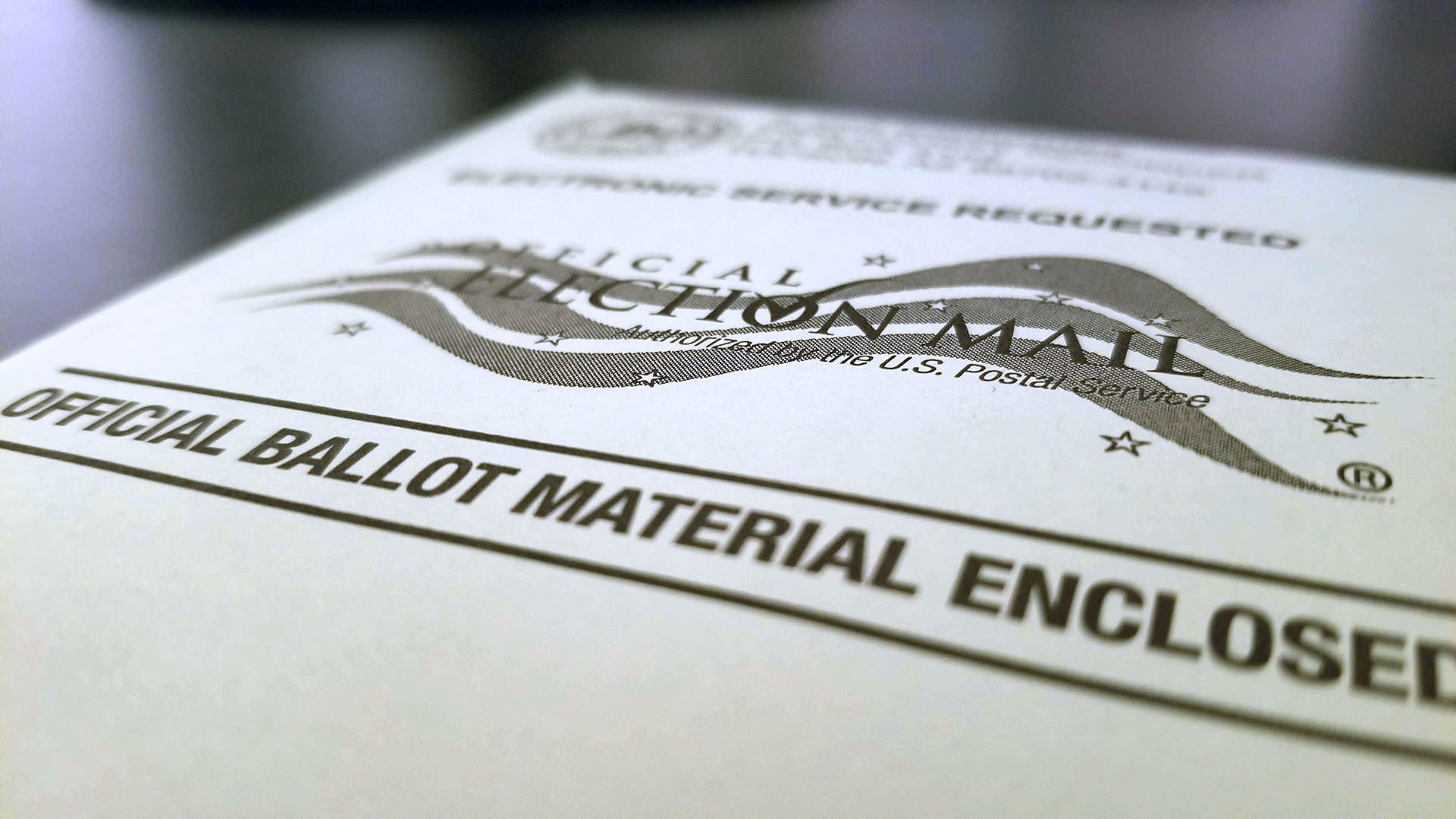
- Details
- By Native News Online Staff
PHOENIX — Four Directions, a national American Indian voting rights organization, assisted six Navajo citizens in filing a voting rights complaint last week in the U.S. District Court for the District of Arizona in order to secure equal access to absentee voting by mail.
The complaint was filed on behalf of plaintiffs Darlene Yazzie, Caroline Begay, Irene Roy, Donna Williams, Leslie Begay and Alfred Mc Roye against Arizona Secretary of State Katie Hobbs.
In the complaint, the plaintiffs allege Arizona’s requirement that Vote By Mail ballots be received – not postmarked – before 7:00 pm on November 3, 2020 to be counted is an unconstitutional burdens on Plaintiffs’ right to vote at Navajo Nation as applied during the COVID-19 pandemic and United States Postal Service reorganizational issues.
Four Directions maintains Navajo Nation residents have 40 to 70 percent fewer days to cast their ballots after they receive them than other non-Indian Arizona voters. Data compiled by Four Directions shows that many Navajo Nation citizens who request an absentee ballot on October 23 (which is their right under Arizona law) will not receive it in time to consider, mark, and mail that it back, and have it in the possession of the county recorder’s office by 7:00 pm on Election Day, as per the current law.
“Compare especially Navajo Nation Members utilizing the postal provider in Dinnehotso, Ariz. Certified first-class mail takes 10 days (20 days roundtrip) to reach the county recorder’s office. Secretary Hobbs has said that Arizona voters have 27 days to vote by mail. For Native voters using the Dinnehotso location, they have only seven days to consider, mark, and return their ballot via the mail – if they requested a ballot prior to October 7,” Four Directions Executive Director OJ Semans said.
Four Directions has assembled a litigation team to assist Navajo Nation citizens in their request of Secretary Hobbs for a simple and costless remedy – by accepting absentee ballots postmarked on or by Election Day and received by the close of business on the 10th day after the election.
Big Fire Law and Policy Group, a 100 percent Native-owned law firm, is serving as legal counsel for the complaint. Four Directions is financing the lawsuit.
“We believe that the unequal access to vote-by-mail is an unlawful abridgement of the right to vote of Navajo Nation Members, as per Section 2 of the Voting Rights Act. While we are disappointed that Secretary Hobbs failed to communicate with Attorney McClure, we remain hopeful that she will move quickly to bring Arizona into compliance with the Voting Rights Act,” Semans said.
Read Complaint here.
More Stories Like This
NCAI Passes Two Emergency Resolutions on Immigration Enforcement ActivitiesChickasaw Lighthorse Police Officer named Indian Country Law Enforcement Officer of the Year
Indian Gaming Association Rallies Broad Coalition Against Sports Event Contracts It Calls Illegal Threat to Tribal Sovereignty
Navajo Resources and Development Committee Issues Notice on Livestock Inspection Requirements
American Prairie, Tribal Coalition Files Protest Over Rescinded Grazing Rights
Help us defend tribal sovereignty.
At Native News Online, our mission is rooted in telling the stories that strengthen sovereignty and uplift Indigenous voices — not just at year’s end, but every single day.
Because of your generosity last year, we were able to keep our reporters on the ground in tribal communities, at national gatherings and in the halls of Congress — covering the issues that matter most to Indian Country: sovereignty, culture, education, health and economic opportunity.
That support sustained us through a tough year in 2025. Now, as we look to the year ahead, we need your help right now to ensure warrior journalism remains strong — reporting that defends tribal sovereignty, amplifies Native truth, and holds power accountable.
 The stakes couldn't be higher. Your support keeps Native voices heard, Native stories told and Native sovereignty defended.
The stakes couldn't be higher. Your support keeps Native voices heard, Native stories told and Native sovereignty defended.
Stand with Warrior Journalism today.
Levi Rickert (Potawatomi), Editor & Publisher

